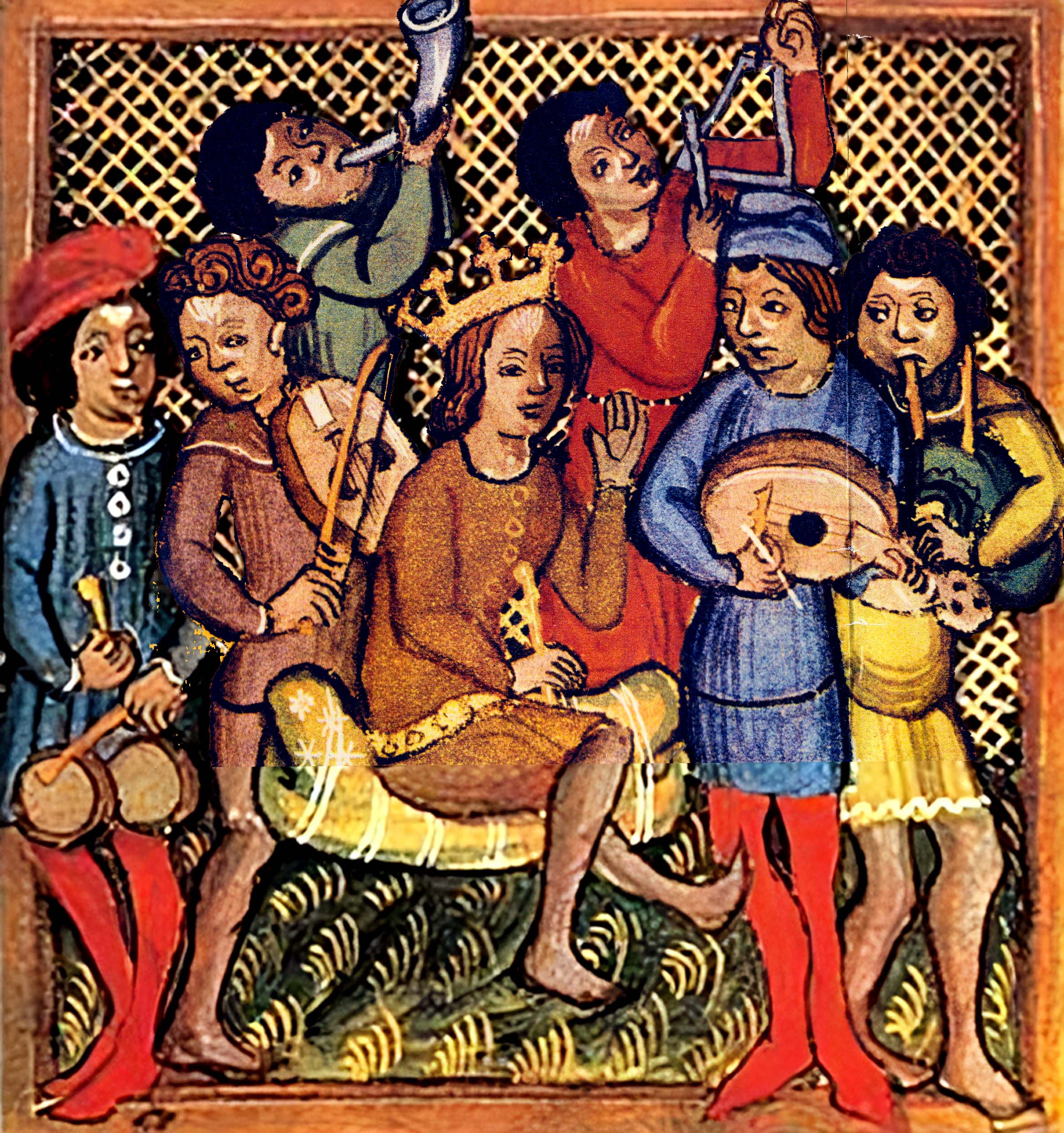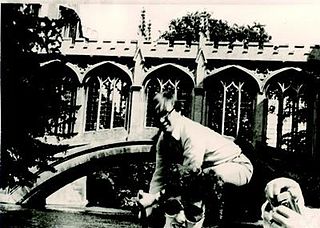Related Research Articles

Thomas Middleton was an English Jacobean playwright and poet. He, along with John Fletcher and Ben Jonson, was among the most successful and prolific of the playwrights at work in the Jacobean period. Middleton was among the few to achieve equal success in comedy and tragedy. He was also a prolific writer of masques and pageants.

Flea, the common name for the order Siphonaptera, includes 2,500 species of small flightless insects that survive as external parasites of mammals and birds. Fleas live by consuming blood, or hematophagy, from their hosts. Adult fleas grow to about 3 millimetres long, are usually brown, and have bodies that are "flattened" sideways or narrow, enabling them to move through their host's fur or feathers. They lack wings, but have strong claws preventing them from being dislodged, mouthparts adapted for piercing skin and sucking blood, and hind legs extremely well adapted for jumping. They are able to leap a distance of some 50 times their body length, a feat second only to jumps made by another group of insects, the superfamily of froghoppers. Flea larvae are worm-like with no limbs; they have chewing mouthparts and feed on organic debris left on their host's skin.

A flea market is a type of street market that provides space for vendors to sell previously-owned (second-hand) merchandise. This type of market is often seasonal. However, in recent years there has been the development of 'formal' and 'casual' markets which divides a fixed-style market (formal) with long-term leases and a seasonal-style market with short-term leases. Consistently, there tends to be an emphasis on sustainable consumption whereby items such as used goods, collectibles, antiques and vintage clothing can be purchased.

William Shenstone was an English poet and one of the earliest practitioners of landscape gardening through the development of his estate, The Leasowes.
The English Madrigal School was the brief but intense flowering of the musical madrigal in England, mostly from 1588 to 1627, along with the composers who produced them. The English madrigals were a cappella, predominantly light in style, and generally began as either copies or direct translations of Italian models. Most were for three to six voices.

Christopher Montague "Monty" Woodhouse, 5th Baron Terrington, was a British Conservative politician who served as Member of Parliament (MP) for Oxford from 1959 to 1966 and again from 1970 to 1974. He was also a visiting Fellow at Nuffield College, Oxford, from 1956 to 1964.

Charles Handy CBE is an Irish author/philosopher specialising in organisational behaviour and management. Among the ideas he has advanced are the "portfolio career" and the "Shamrock Organization".

Trouvère, sometimes spelled trouveur, is the Northern French form of the langue d'oc (Occitan) word trobador. It refers to poet-composers who were roughly contemporary with and influenced by the troubadours but who composed their works in the northern dialects of France. The first known trouvère was Chrétien de Troyes and the trouvères continued to flourish until about 1300. Some 2130 trouvère poems have survived; of these, at least two-thirds have melodies.

The parable of the blind men and an elephant originated in the ancient Indian subcontinent, from where it has been widely diffused. It is a story of a group of blind men who have never come across an elephant before and who learn and conceptualize what the elephant is like by touching it. Each blind man feels a different part of the elephant's body, but only one part, such as the side or the tusk. They then describe the elephant based on their limited experience and their descriptions of the elephant are different from each other. In some versions, they come to suspect that the other person is dishonest and they come to blows. The moral of the parable is that humans have a tendency to claim absolute truth based on their limited, subjective experience as they ignore other people's limited, subjective experiences which may be equally true.

Thomas Thorpe was an English publisher, most famous for publishing Shakespeare's sonnets and several works by Christopher Marlowe and Ben Jonson. His publication of the sonnets has long been controversial. Nineteenth-century critics thought that he might have published the poems without Shakespeare's consent; Sidney Lee called him "predatory and irresponsible." Conversely, modern scholars Wells and Taylor assert their verdict that "Thorpe was a reputable publisher, and there is nothing intrinsically irregular about his publication."
Nationality words link to articles with information on the nation's poetry or literature.
Nationality words link to articles with information on the nation's poetry or literature.

Peter Tennant Johnstone is Professor of the Foundations of Mathematics at the University of Cambridge, and a fellow of St. John's College. He invented or developed a broad range of fundamental ideas in topos theory. His thesis, completed at the University of Cambridge in 1974, was entitled "Some Aspects of Internal Category Theory in an Elementary Topos".
Stephen Edgar is an Australian poet, editor and indexer.
Gilla Cóemáin mac Gilla Samthainde, Irish poet, fl. 1072.

Tom Norman, born Thomas Noakes,, was an English businessman, showman and the last exhibitor of Joseph Merrick who was otherwise known as the "Elephant Man". Among his later exhibits were a troupe of midgets, a "Man in a Trance", "John Chambers the armless Carpenter", and the "World's Ugliest Woman".
William Averell was an English pamphleteer, prose writer, parish clerk, and schoolmaster. He is best known as the author of A Mervalious Combat of Contrarieties (1588) that William Shakespeare used as the source for the parable of the revolt of the members against the belly in Coriolanus.

James Woodhouse (1735–1820) was an English poet from the Black Country village of Rowley Regis. He was known as the "shoe-maker poet" from his trade that supported him during his early years. He made the acquaintance of the poet William Shenstone, who lived nearby, and was encouraged by him to write poetry. In 1764 a collection of his poems was published with the financial assistance of his friends and he acquired some fame as a writer of "humble" beginnings. He acquired literary patrons, the most of important being the "bluestocking" Elizabeth Montagu, who also became his employer. After a dispute with Montagu, he left her service and his final years were spent in London, where he set up a bookselling business. He died in 1820 and was buried at the cemetery of St George's Chapel, near Marble Arch in London.
Alice Sutcliffe, born Alice Woodhouse or Woodhows, was an English religious writer. Her only known literary work, Meditations of Man's Mortalitie, or, A Way to True Blessednesse, was first published in 1633.
References
- ↑ Edward Irving Carlyle and Elizabeth Goldring, 'Woodhouse, Peter (fl. 1605), poet', Oxford Dictionary of National Biography .
- ↑ Helen Smith (2012). 'Grossly Material Things': Women and Book Production in Early Modern England. OUP Oxford. p. 206. ISBN 978-0-19-965158-0.
| This article about an English poet is a stub. You can help Wikipedia by expanding it. |